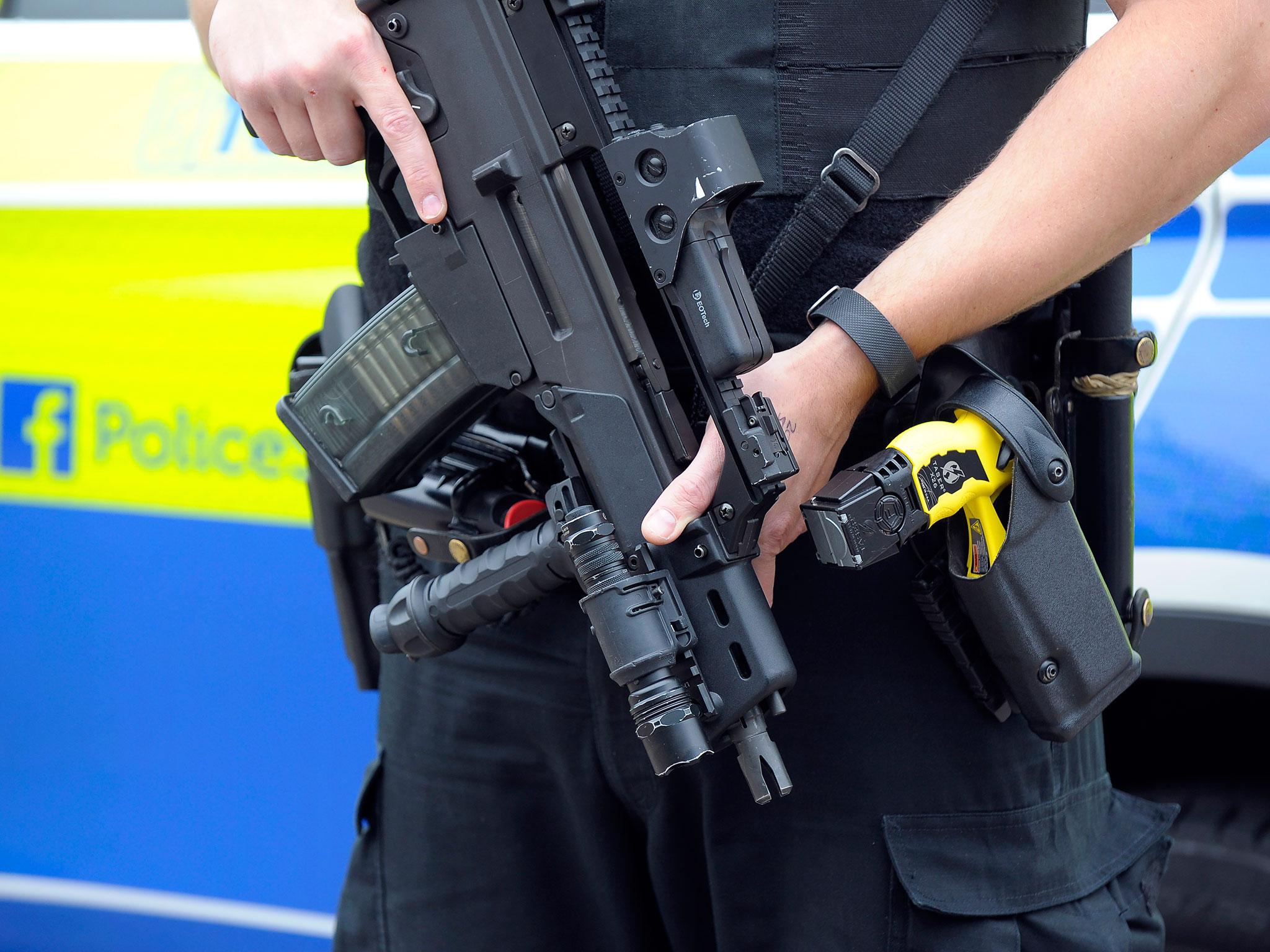Britain will no longer be a member of the European police agency Europol after it leaves the European Union, the European Commission’s chief negotiator has said.
Speaking at a security conference in Berlin Michel Barnier accused the UK abandoning the defence of Europe at a time when it should be standing “shoulder to shoulder” with its neighbours in the EU.
The UK government said as recently as September that it wants to remain inside Europol and retain other EU security benefits such as the European Arrest Warrant and shared criminal databases.
But outlining the consequences of Brexit on defence and security, Mr Barnier said Britain would no longer be a member, adding that the UK would be leaving the European Defence Agency and that UK defence ministers and ambassadors would be excluded from international meetings with EU colleagues.
These changes were all a “logical consequence of the sovereign choice made by the British” in the referendum last year, he said.
“More than 500 days ago, the United Kingdom took the sovereign decision to leave the European Union and bring to an end 44 years of common history. To many of us this came as a great shock,” he said.
“It was a decision taken against the backdrop of a strategic repositioning by our American ally, which has gathered pace since the election of Donald Trump.
“It was a decision that came after a series of attacks on European soil, committed by young people who grew up in Europe, in our countries. It was a decision that came six months after the French Minister of Defence issued a call for solidarity to all his European counterparts to join forces to fight the terrorism of Daesh.
“Never had the need to be together, to protect ourselves together, to act together been so strong, so manifest. Yet rather than stay shoulder to shoulder with the Union, the British chose to be on their own again.”
In September Theresa May vowed “unconditional” support for EU defence after Brexit and said the UK’s role “has never been more vital”.
In the same month Home Secretary Amber Rudd also said she hoped a “new legal framework” could “lock in” British access to Europol, which shares criminal intelligence data between EU police forces.
“A new treaty would allow us to maintain and strengthen our current level of cooperation and provide a new legal framework to do this,” the Home Secretary had said.
“It would mean we are able to respond to threats as they evolve, and would establish the way we can maintain crime-fighting – capabilities between the UK, the EU and its member states. Such a treaty would be in the interest of all parties.”
Speaking on Wednesday Mr Barnier said that the EU’s defence and security union “will have to be developed without the British, since on 30 March 2019 the United Kingdom will, as is its wish, become a third country when it comes to defence and security issues”.
“We must draw the appropriate legal and operational conclusions from this: The UK defence minister will no longer take part in meetings of EU Defence Ministers; there will be no UK ambassador sitting on the Political and Security Committee,” he said.
“The UK can no longer be a framework nation: it will not be able to take command of EU–led operations or lead EU battlegroups. The UK will no longer be a member of the European Defence Agency or Europol.
“The UK will not be able to benefit from the European Defence Fund the same way Member States will. The UK will no longer be involved in decision-making, nor in planning our defence and security instruments.
Brexit: the deciders
Show all 8“Everything I have just said is the logical consequence of the sovereign choice made by the British. We regret this vote. But we respect the choice that has been made.”
Labour blamed the Government "inflexible approach" for the UK's impending exit from the policing body. Shadow police minister Louise Haigh said: “This a huge blow which threatens vital national security cooperation and risks critical information falling between the gaps. The Government’s inflexible approach risks us being turfed out of the security framework we helped create and which has contributed to our safety and security for many years. They must now do everything possible to ensure that Britain remains an integral part of Europol.
”Labour has made clear that we would seek to remain within Europol and Eurojust, and make it a priority to secure this as part of our future relationship with the EU.”
Subscribe to Independent Premium to bookmark this article
Want to bookmark your favourite articles and stories to read or reference later? Start your Independent Premium subscription today.


Join our commenting forum
Join thought-provoking conversations, follow other Independent readers and see their replies